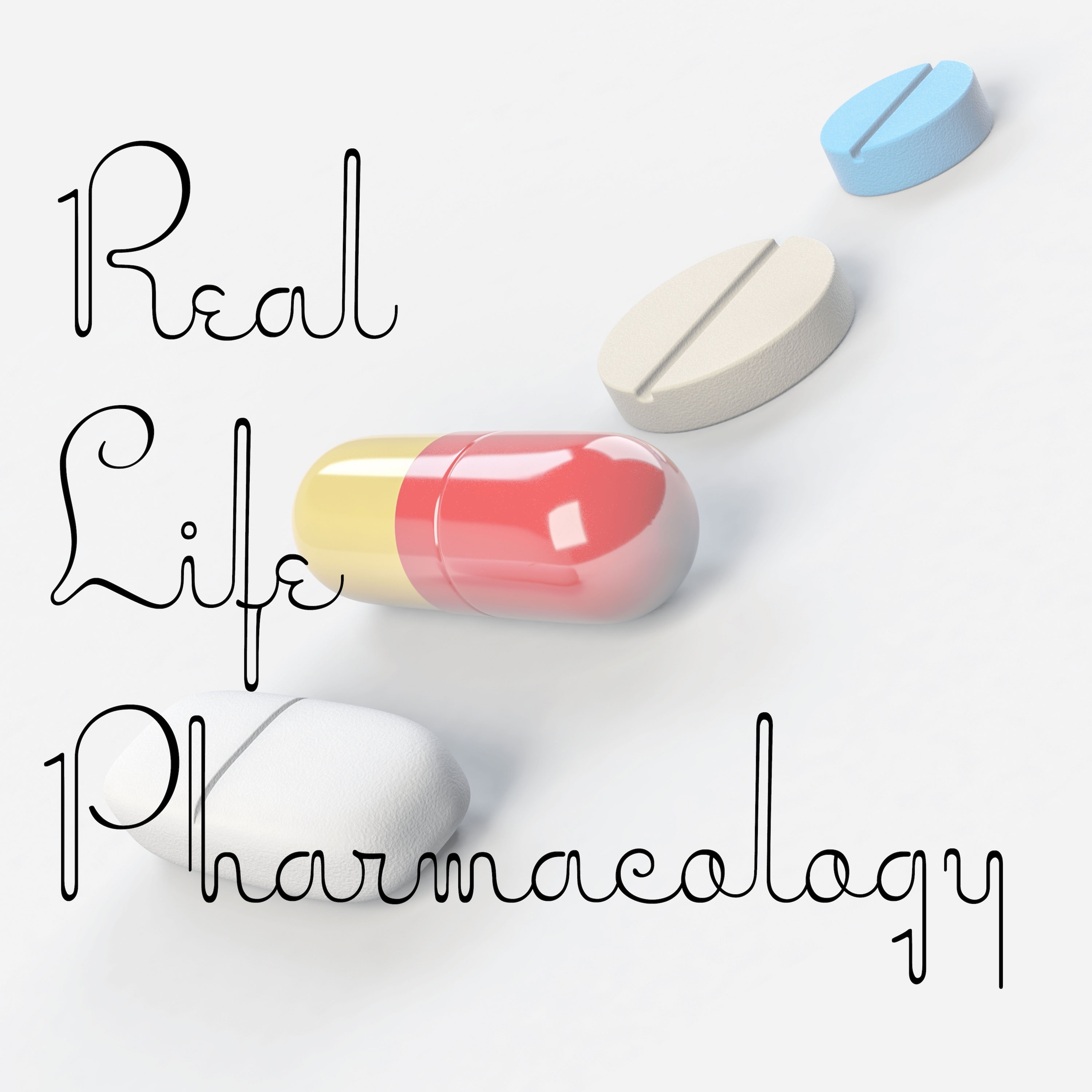Acamprosate Pharmacology Podcast – Episode 306
Description
On this podcast episode, I discuss acamprosate pharmacology, adverse effects, drug interactions, and much more!
Acamprosate's most common adverse effect is diarrhea. It is a primary reason why patients will ask to stop taking this medication.
It is critical to assess renal function prior to using acamprosate. Dose adjustments are recommended when patients have a CrCl of less than 50 ml/min.
Unlike naltrexone, acamprosate avoids liver metabolism making it an alternative option in alcohol use disorder for patients who have liver impairment.
More Episodes
In this episode of the Top 200 Drugs Podcast, I cover glyburide, citalopram, olmesratan, carvedilol, and tiotropium.
Glyburide is a sulfonylurea that is well known to cause hypoglycemia and weight gain because it stimulates the pancreas to increase insulin release.
Citalopram is an...
Published 11/14/24
Clindamycin is an antibiotic for infection. It inhibits protein synthesis by binding to the 50s ribosomal subunit and is well known to contribute to C. Diff. risk.
Acetaminophen is a common over-the-counter medication that relieves pain and fever. It does not have much benefit in reducing...
Published 11/07/24


